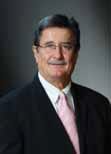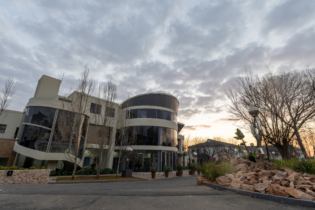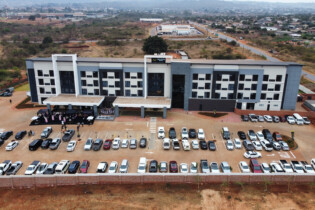By Geoff Donaghy
From competition, to selecting a venue and changing event content, Geoff Donaghy gives us a sneak peek into the event landscape for 2015.
No one knows exactly what the future will bring, but there are a number of things we can expect just on the basis of where trends are leading now. First, our business clearly tracks the state of the economy, so as the latter improves, so will our own business activity. However, there will be a lot of variability around the world depending on the differences in economic development, which are very pronounced these days.
As with most other sectors, our business will change in the future. Content, formats, technology and what delegates expect will be very different, and we will have to adapt and respond to these developments to stay relevant.
COMPETITION
Competition will remain intense. That means everyone needs to work harder and find new ways to distinguish themselves from their competitors. It also means that centres that can’t deliver a high-quality product will find it tougher to attract business as there are so many good alternatives.
Location decisions will be made on a range of factors including both venue and destination matters. If any one of these is not acceptable it can result in a loss of business, as planners need the full ‘package’ of features in order to make their event a success. In terms of the venue, key issues are size, configuration and flexibility of space, available services, cost and management reputation. For the destination, issues such as the quantity and quality of available accommodation, safety and security, ease of access, overall cost structure and attractiveness to delegates are most important.
Two rapidly emerging factors for centres in recent years have been technology and connectivity (to respond to growing delegate communications expectations) and the quality of the experience offered in both the centre itself and the immediately surrounding area, as many delegates spend the bulk of their time in and around the facility. Centres that can respond to these factors have a better shot at the available business.
UNKNOWNS
We also need to respond to the fact that we may be facing any number of unknowns. This means not just creating more flexible facilities and services but also embracing, rather than avoiding, change.
As the industry continues to evolve, so will the needs that centres have for programmes and tools that help them respond effectively. AIPC will continue to monitor changing conditions and expectations and develop new ways for members to access useful resources and interact more effectively with one another to benefit of the world of experience among our membership.
*Geoff Donaghy is AIPC President, CEO of International Convention Centre Sydney and DIrector of Convention Centres, AEG Ogden







